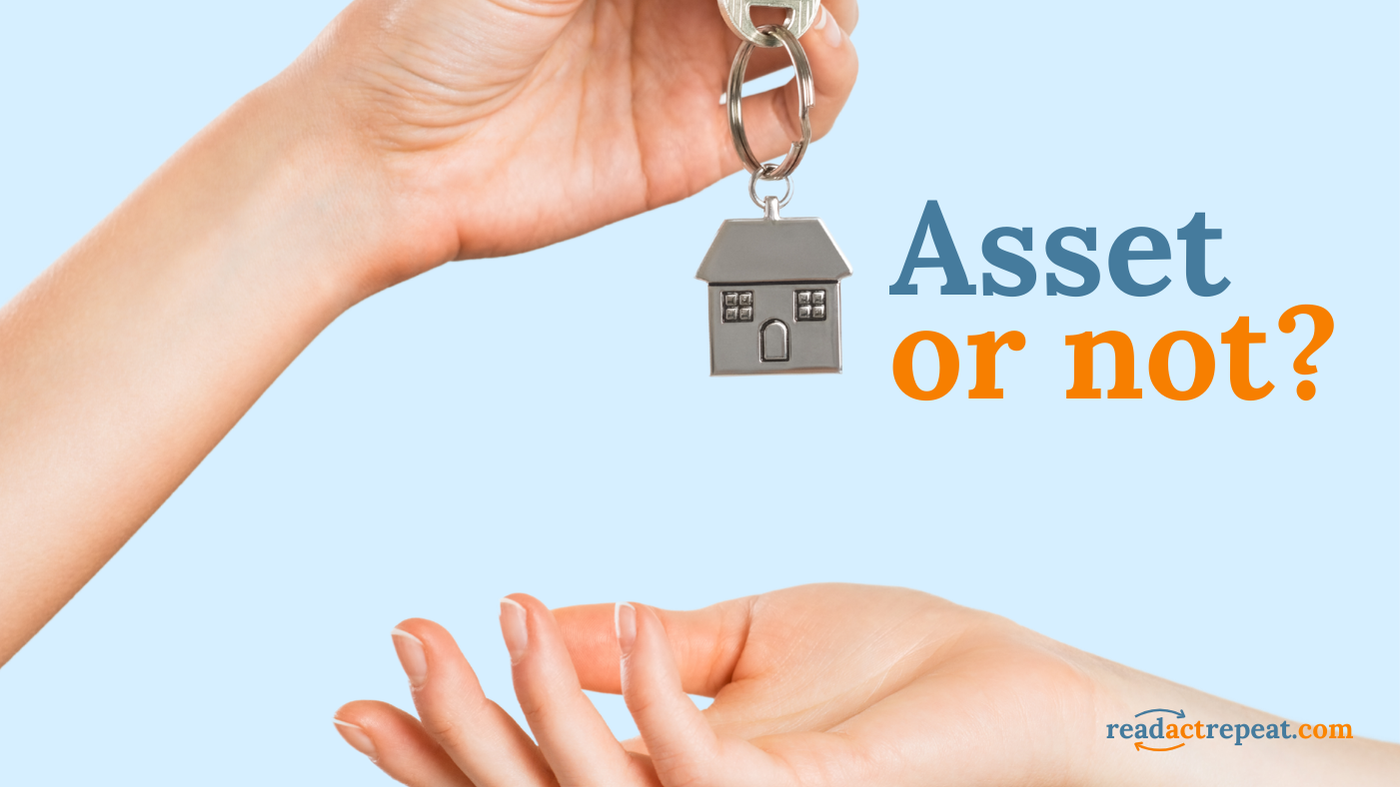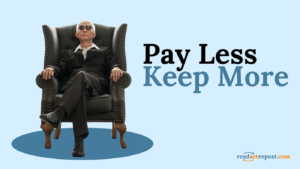One of the most striking lessons in Rich Dad Poor Dad is Robert Kiyosaki’s statement that “your house is not an asset.” This concept challenges the widely accepted belief that homeownership is a cornerstone of wealth. If you’ve been taught that buying a home is one of the smartest financial decisions you can make, this idea might seem counterintuitive. However, Kiyosaki’s definition of an asset is key to understanding this principle—and it can significantly change the way you think about wealth.
In this blog, we’ll explore why Kiyosaki argues that a house isn’t an asset and what truly qualifies as one. Most importantly, we’ll help you rethink your financial approach to homeownership and wealth building.
What is an Asset?
To understand why your house might not be an asset, you first need to get clear on what Kiyosaki means by the term. In Rich Dad Poor Dad, he defines an asset as something that puts money into your pocket. A liability, on the other hand, takes money out of your pocket.
Under this definition, the key to becoming wealthy is to focus on accumulating assets. Assets generate income, whether through investments, businesses, or rental properties. They are the building blocks of financial independence because they provide ongoing cash flow that can sustain you, even if you stop working.
Why a House is Not an Asset
At first glance, it might seem that a house qualifies as an asset because it can increase in value over time. But here’s where Kiyosaki’s logic comes in: while the value of your home may appreciate, the house itself doesn’t generate income unless you’re renting it out. In fact, your house often costs you more money than you realize, making it a liability rather than an asset.
Let’s break this down:
- Mortgage Payments: For most homeowners, buying a house involves taking on a large mortgage. You’ll spend years, often decades, making payments, and a significant portion of that goes toward interest rather than building equity.
- Maintenance Costs: A house requires ongoing upkeep. From roof repairs to plumbing fixes, you’re constantly spending money to maintain its condition.
- Property Taxes: Homeowners are responsible for paying property taxes, which don’t contribute to your wealth but are a continuous financial drain.
- Utilities and Insurance: Your home requires utilities, insurance, and other services, all of which add to the cost of homeownership.
While owning a home can offer personal satisfaction and stability, these costs mean that, from a financial perspective, the house is taking money out of your pocket rather than putting it in. As long as you live in it without generating any income from it, it’s a liability.
The Trap of Thinking Your Home is Your Biggest Investment
Many people are taught that buying a house is the ultimate investment. You may have been told that paying rent is throwing money away and that owning a home is a way to build wealth through equity. However, Kiyosaki warns that this mindset can trap people into financial complacency.
If you pour most of your income into your home—making mortgage payments, paying taxes, and handling maintenance costs—you may find it harder to invest in true income-generating assets. By thinking of your home as your primary investment, you might miss out on opportunities to buy stocks, start a business, or invest in real estate that actually produces cash flow.
When Can a House Become an Asset?
There is a way to turn your house into an asset, but it requires changing how you use it. The moment your house starts generating income, it can be classified as an asset. Here are a few ways you can make your home work for you:
- Rent Out Part of Your Home: If you have extra space, consider renting out a room or a separate unit. This rental income can offset your mortgage payments and even generate additional cash flow.
- Turn Your Home into an Investment Property: If you buy a home with the intention of renting it out, it becomes a true asset. The rental income can cover expenses and eventually provide a steady income stream.
- Use Equity Wisely: As your home builds equity, you can leverage that equity to invest in income-generating assets. However, be careful not to simply take out equity to finance more liabilities, like a new car or a vacation. Instead, use that equity to acquire assets that will contribute to your long-term wealth.
The True Path to Wealth: Build Assets, Not Just Equity
Kiyosaki’s message is clear: focusing on accumulating true assets is the key to financial independence. While homeownership can provide stability, it’s not the same as building wealth unless your home generates income. To truly become wealthy, you need to prioritize investments that put money into your pocket regularly.
Here are a few examples of assets you should focus on building:
- Stocks and Bonds: Investments in the stock market can provide dividends and capital appreciation, growing your wealth over time.
- Real Estate (Rental Properties): Unlike your personal home, rental properties generate income through rent and can appreciate in value, making them a double asset.
- Businesses: Owning or investing in businesses can generate significant returns, especially if the business grows over time.
- Intellectual Property: Royalties from intellectual property such as patents, books, or music can provide ongoing income.
Conclusion: Think Beyond Your Home
While homeownership is often considered a key to the American Dream, it’s important to recognize that a house is not an asset unless it generates income. Rather than putting all your financial hopes into your home, start thinking about how you can build true assets that will help you achieve financial independence.
If you want to grow your wealth, focus on creating multiple streams of income through assets that continuously put money in your pocket. This shift in mindset is critical to breaking free from financial limitations and setting yourself on the path to long-term financial security.
Remember, the goal isn’t just to own a house—it’s to build a life where your money works for you, not the other way around.



